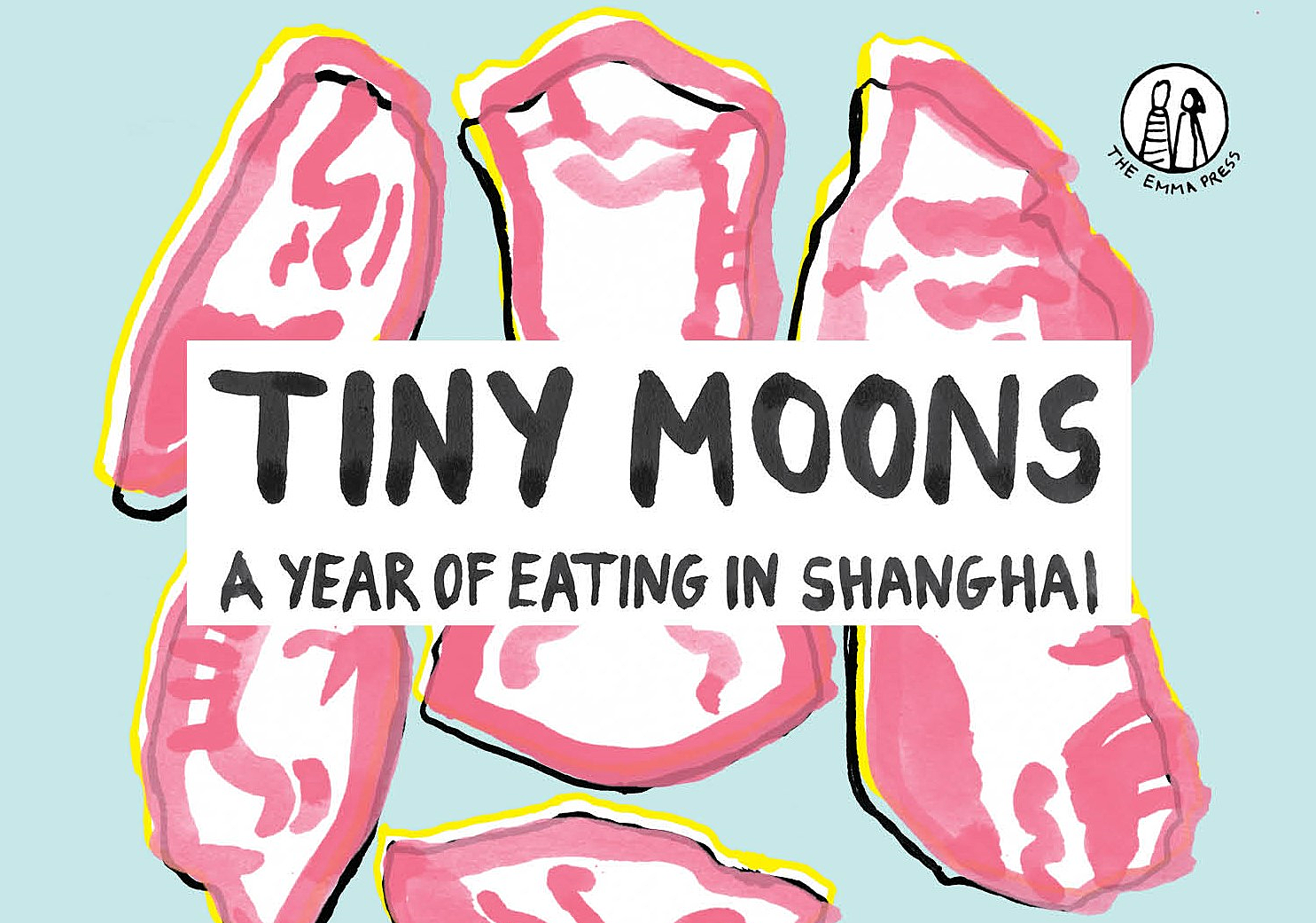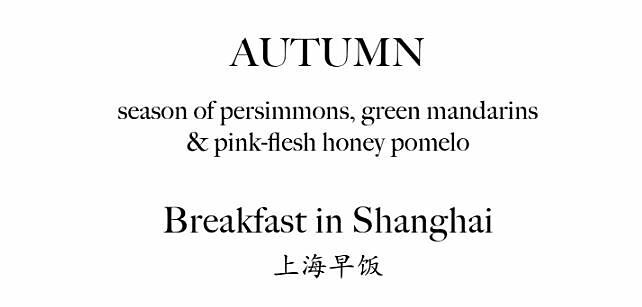Comfort Food: A review of Tiny Moons by Nina Mingya Powles
Chris Tse finds familiarity and comfort in Nina Mingya Powles' book.
An American friend visiting Wellington once remarked on the number of Malaysian restaurants we had dotted throughout the CBD. It wasn’t something I had really thought about – they’re a ubiquitous part of the city’s local culinary scene, sustained by the fervent support of their most loyal customers. Everyone has their favourite Malaysian restaurant (I once turned down a request to appear in a promotional video about Cuba Street because it was going to be filmed at a ‘rival’ restaurant), and we stick to them because we can rely on our three-combination mee goreng or vegan curry laksa to be the same every time we visit. Sometimes the staff will remember our order down to the small variations we always ask for (“The usual?”). We’re creatures of habit – this consistency taps into that human need for comfort, to know that we’re returning to something safe and familiar.
Psychologists note that food is one of the most powerful memory gateways because it can engage and/or overwhelm all five senses, making food memories that much more evocative. ‘Hungry Girls’, the first essay in Nina Mingya Powles’ Tiny Moons, opens with a childhood memory, a scene of sensory triggers (the smell of chicken stock and jasmine tea, waves of colour) that quickly flips to an act of rebellion. Powles describes throwing her pink plastic chopsticks and bowl of instant noodles to the floor, determined to make a mess, as her mother and Popo look on. This stubborn refusal to eat her noodles wasn’t the first time Powles began to reject or feel unease about aspects of her mixed Malaysian-Chinese and Pākehā heritage. She notes the conflict that arises from not looking like the other children in her weekend Chinese language classes while also being able to pass as white in predominantly white spaces, which affords her a certain privilege: “It makes it easy for some white people to see me as the same as them.”
This conflict is what sets Tiny Moons in motion, as Powles finds herself remembering and reclaiming a part of herself that has been swallowed by confusion and embarrassment for most of her life. “I starved myself of language,” she says, referring to an initial reluctance to speak or learn her mother’s native tongue, “but I couldn’t starve myself of other things.” Those ‘other things’ are the foods that kept her connected to her Malaysian-Chinese heritage – all the homemade dishes and visits to yum cha restaurants that have embedded themselves deep in her consciousness. Throughout Tiny Moons the past mingles with the present, tempting the reader with the aromas, tastes and textures of the many dishes and snacks that Powles writes about so exquisitely and tenderly.
Powles leans into each season and its shifting weather and new assortment of treats
Powles and I had different upbringings, but we share a similar disconnect with our cultures, particularly around language. Despite being fluent in Cantonese as a toddler, over the years I’ve let my other language slip away, getting by with ‘yum cha Cantonese’ and Google Translate for our global family WhatsApp group chat. Powles has been learning Mandarin for over three years as a way to reclaim a language that was in the background of her childhood, when she relied on her mother to translate when her rudimentary Mandarin wasn’t enough to sustain a conversation. Tiny Moons charts a year Powles spent living and studying Mandarin in Shanghai on a scholarship offered by the Chinese Government. Her efforts to learn Mandarin are admirable and inspiring, but she is the first to admit that “there are still days when language fails me, when food feels like the only thing I have to tie me to this other home.” Although she spent part of her teens living in Shanghai with her parents, this particular solo stint presents itself with many new challenges. There is a poetic irony in moving to another country to find a place within your own culture, only to be overcome by homesickness and isolated from your usual support networks. The silver lining of this is that Powles gets to eat alone most of the time, which provides moments of peace and contemplation. Although the year allows her to find new ways to engage with and express her heritage, the outsider status of her childhood continues to be felt as a young adult: “Sometimes I feel like I have no right to claim any part of my Asian-ness.”
The essence of Powles’ memories of food and its connection to family are not dissimilar to my own. I was born into a family whose livelihoods centred around food. At school, word quickly spread that my parents owned a Chinese restaurant and, later, the imaginatively-named “Asian” unit at Queensgate Mall’s original food court. This was The Fact about me, the thing that set me apart from the rest of my peers. My contributions to shared lunches at school came from our shop: paper bags filled with freshly deep-fried wontons and crispy pastel-coloured prawn crackers that my parents would drop off to me at the school gate just before noon.
The list of culinary treats mentioned and discussed in Tiny Moons could rival some Chinese restaurants’ laminated menus. Each essay begins with a short list of seasonal ingredients or dishes, the book’s diaristic structure emphasising the importance of seasonal eating in Chinese food culture – from winter’s baby mandarins and apples to autumn’s persimmons and pomelo. It also gives the book a measured rhythm as Powles leans into each season and its shifting weather and new assortment of treats.
Food isn’t simply a passing interest for Powles – it’s the framework through which she learns Mandarin and makes sense of herself and the threads that tie her to her heritage. Throughout the book, Powles digs deep into her own personal relationship with food and the way it has been shaped by sexism (“female hunger is associated with shame and madness”) and, of course, culture. But the hunger portrayed in Tiny Moons extends beyond food – Powles charts her fastidious quest to learn more about the history and significance of the things she eats, from their ingredients down to the individual components that make up the characters of their Chinese names. And as much as consuming food plays an important role in Powles’ maintaining a connection with her heritage, her stories of learning to cook Chinese dishes deepen that connection. Whether it’s attempting to recreate her Popo’s curry in her Wellington flat, or attending cooking classes in Yangshuo, this curiosity and insight makes Powles a trusted culinary tour-guide. “I begin to prioritise joy,” she writes, allowing herself to embrace her many hungers.
As the year cycles through dumplings, pineapple buns and noodle soups, right back to winter, Powles finds strength in the many forms of isolation tussling in her life. There’s a notable shift in the tone of her essays when she begins to settle into her use of Mandarin and her environment on her own terms. During the university summer break, which marks a turning point of sorts in her time in Shanghai, she remains on campus speaking only occasionally, in Mandarin, when ordering food:
“I was beginning to find a home in this language, one shared by my mother and her family but here and now, at this exact point in time, occupied only by me. The language was a lifeline, an opening, and eating alone became a silent ritual.”
For POC and members of minority or marginalised groups, knowing which spaces we can occupy without asking for permission is emotionally exhausting. Questions of self-worth and qualification only serve to undermine a process that should be about liberation and self-acceptance. Although we all have our own way of getting there, it’s worth reminding ourselves that we’re not alone. I think about Rose Lu’s own use of personal history to explore what it means to be Chinese in contemporary New Zealand, the mahi of Auckland theatre practitioner Alice Canton, and the recent Guy Ngan exhibition at Lower Hutt’s Dowse Art Museum. The work of these three creators, and other Chinese New Zealand writers and artists, reminds me that questions of belonging, in a Chinese-Aotearoa context, have been asked before and continue to be challenged and explored. Tiny Moons, and Powles’ writing in general, is an important addition to this conversation. Although slim in volume, its pages contain much to consider. Powles writes with generosity and vulnerability, and because of this, some readers will be gifted that most powerful of responses: the relief of being seen.
Tiny Moons is published by The Emma Press (February 2020)


